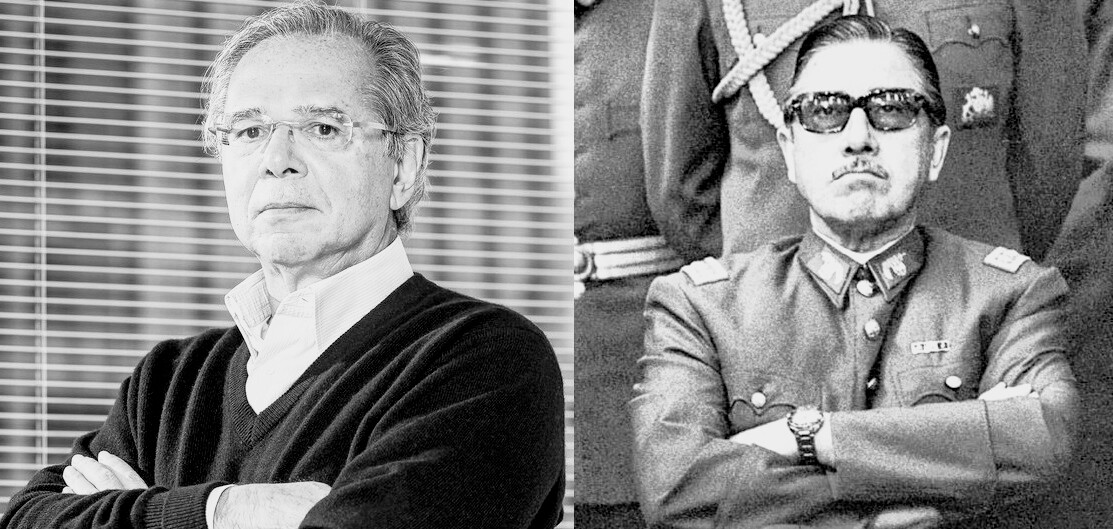The Bolsonaro government opts for censorship, violating national transparency laws to hide the fact that it’s pro-rich pension reform is unnecessary for the Brazilian population.
By Paulo Moreira Leite
The Bolsonaro government’s censorship proves that reform will only happen through dictatorship. In refusing to allow public access to the economic data used to justify the pension system reform, Economic Minister Paulo Guedes’ team is paying tribute to the inspiration for its project – the Augusto Pinochet dictatorship, which implanted a similar pension system reform when Chile was submitted to the most bloody dictatorship in Latin America.
In Chile the reforms were imposed in 1980 after the opposition had been massacred by violence, death and torture. The unions were silenced, as well as the political parties connected to the struggle for the workers and for the people. It was in this situation that they broke with the solidarity distribution system to create a private retirement fund through individual capitalization which turned old age in Chile synonymous with the wretchedness which continues to haunt the country today.
The reform underway in Brazilian Congress had the same objectives but cannot rely on the same top-down method for approval through the forced silence of its adversaries. With all of the mishaps and riots, we still live under a democratic Constitution which guarantees freedom of expression. The political parties, even those of the left, are legally allowed to operate. The unions have been attacked in a cowardly and systematic fashion but still have the power to organize resistance. One week ago Folha de São Paulo, the largest newspaper in Brazil, ran an editorial which recommended that the government abandon the idea of capitalization of the retirement fund.
In this climate, the Bolsonaro government takes refuge in censorship for an obvious reason. They know that the data would confirm, in detailed manner, the arguments being made by critics of the reform and that this would ignite the country, showing how, if passed, it will affect the poor and less protected while preserving all the privileges for the rich. This is how they plan to rip R$1 trillion from the pockets of the majority of the Brazilian population, forcing them to work more, pay more and receive less for their retirements.
Considering that they need a 3/5 majority of congressional votes to approve the main changes, the fear of the government is clear. It is afraid that the resistance will grow large enough to block Bolsonaro’s allies from raising enough votes to pass the measure.
Incapable of facing democratic debate, the Government appeals to ignorance and censorship, in the hopes of evading a right guaranteed by the Transparency Law. We’ve seen this movie before, and it ends in tragedy.
This article, from 247, was translated by Brian Mier and can be seen in its orginal Portuguese here.
[qpp]

